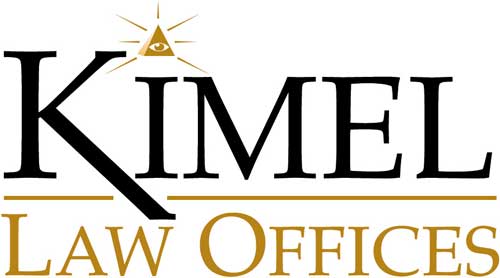Bankruptcy is often an individual’s last option when dealing with financial hardship. Those who have more debt than their income can manage often need to make difficult choices.
There are a variety of options marketed toward those struggling with debt, including debt consolidation loans. Many people would prefer to try alternatives to bankruptcy, like a debt consolidation loan, before they file for bankruptcy. How can someone make an informed decision about whether debt consolidation or bankruptcy is the best solution for their circumstances?
Learning about each option
Debt consolidation is a process that involves taking on a new loan or line of credit to eliminate a variety of debts. An individual pays off their various accounts and debts using that new loan. Then, instead of making multiple payments to different creditors each month, they only need to make one payment.
There are numerous drawbacks to debt consolidation. There are often loan origination charges and other fees built into the process. Typically, consolidation does not reduce how much someone owes, and the interest rate could be the same or even higher than the current rate they pay on different debts. People might accrue more debt on their lines of credit after paying them off initially.
Bankruptcy, on the other hand, offers a more permanent solution to debt. Filing for bankruptcy means an immediate cessation of collection activity and can result in the discharge of someone’s unsecured debts if they successfully complete the process. The cost of filing for bankruptcy is often lower than the loan origination fees and interest that someone would accrue paying off a debt consolidation loan for years.
Recognizing the benefits and limits of so-called debt solutions may help people pursue the best options given their current circumstances. Seeking legal guidance to manage questions and concerns is always an option as well.
